
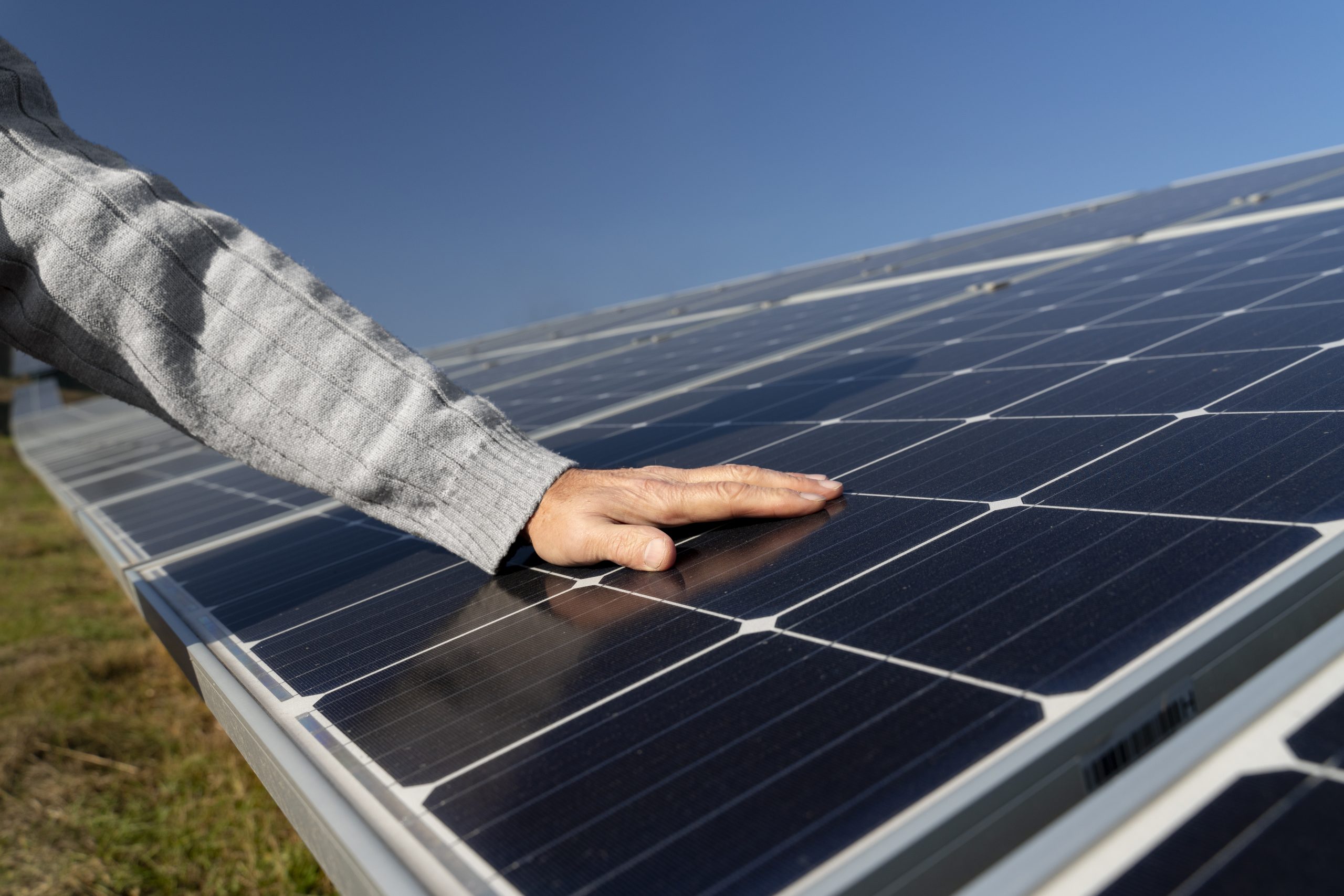


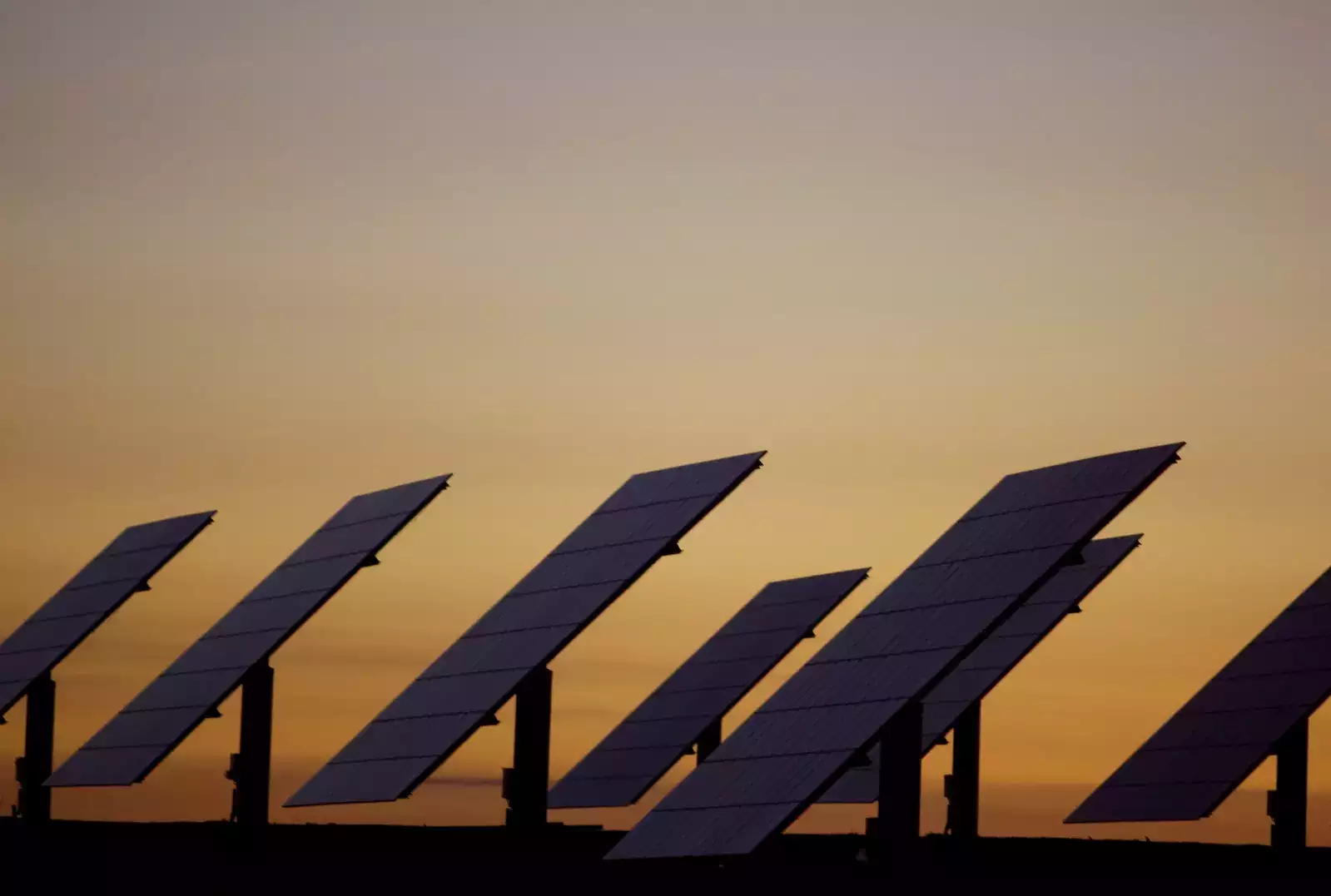
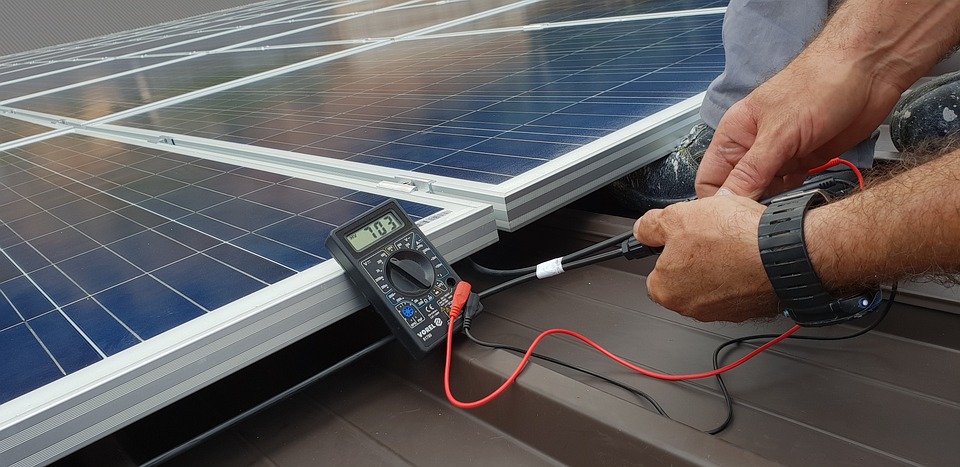
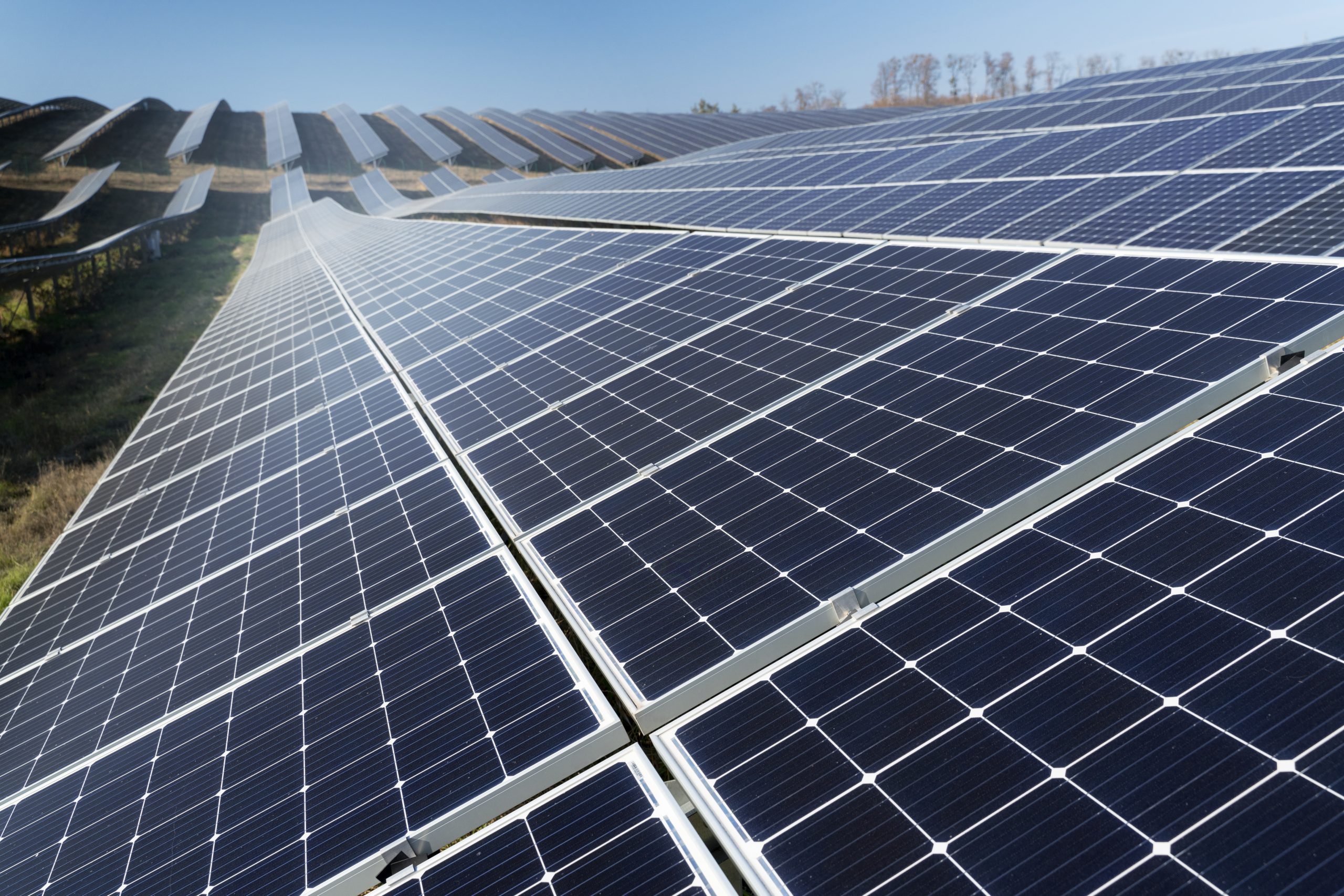
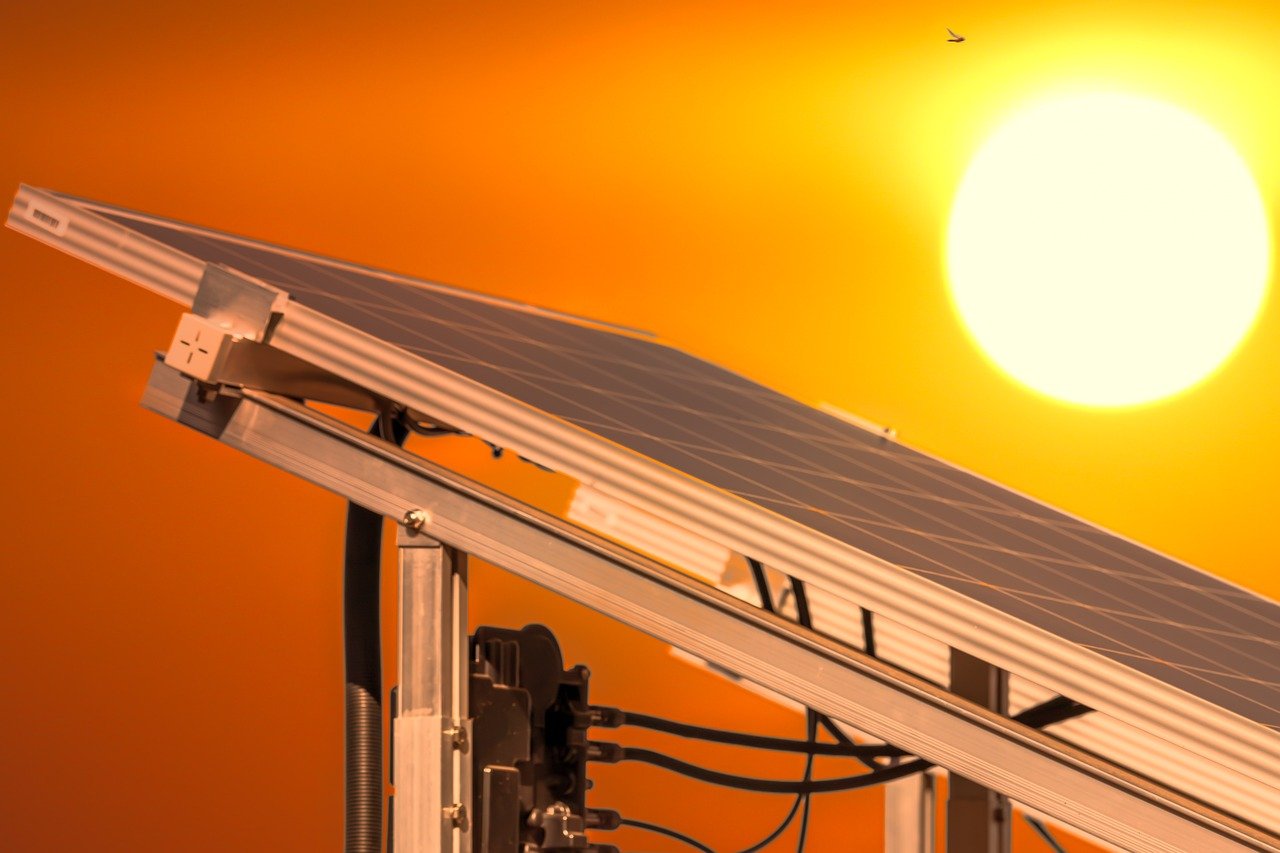
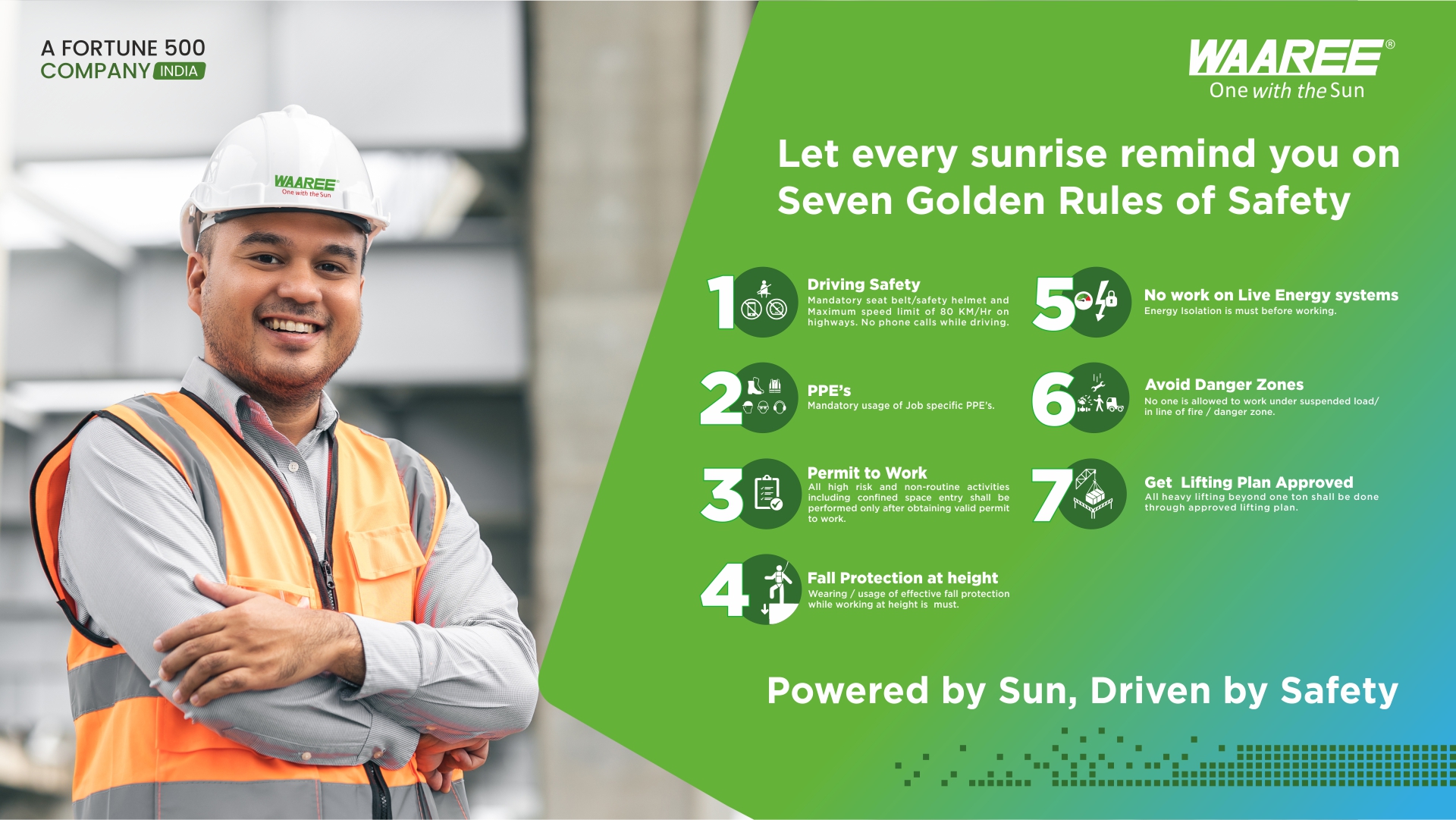
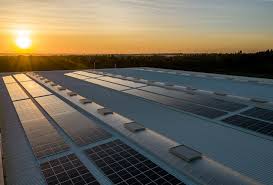
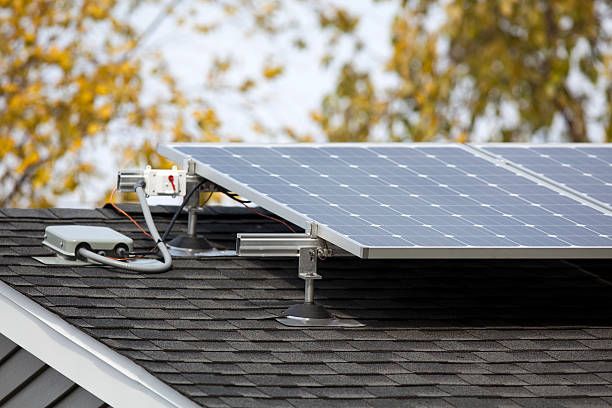
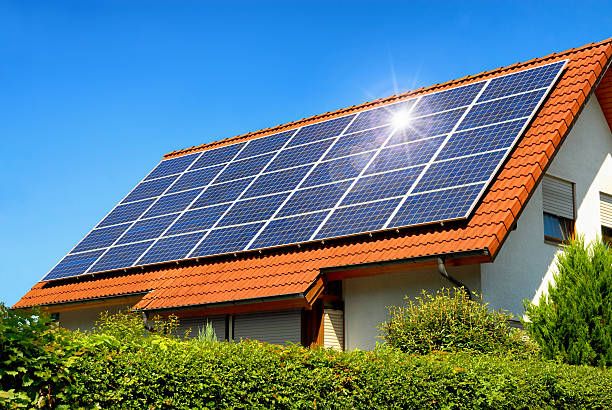
Solar Panels are a great investment when it comes to natural and efficient energy sources. For starters, solar panels keep generating electricity for 25 to 30 years at a stretch. Furthermore, solar panels are an eco-friendly method of electricity generation as well. Like all effective mechanisms, solar panels also need a fair bit of care to function effectively.
Contrary to popular belief, solar panel maintenance costs are generally low. The expenditure only rises if the panel undergoes severe damage. However, we understand that purchasing a panel might lead to anxieties concerning its maintenance and prolonged efficacy. Here is a quick look at everything you need to know about solar panel maintenance:
In the long run, solar panels require very little maintenance. For starters, the panel screen should not be obstructed by leaves or fallen debris. Obstruction on the panel glass will lead to lowered efficiency. Solar panel maintenance costs only rise in case of significant damage, like during heavy snowfall or a natural output decrease. In case of dire need, you can always call for customer support from the solar panel company the first few times to learn the ropes.
Maintaining a panel is rather straightforward. If your panels are installed at an angle, the panels will get cleaned automatically by rainwater. However, during a prolonged dry spell, you might need to clean them on your own. A combination of water and mild detergent should do the trick. Subsequently, remember to dilute the detergent with plenty of water.
All one needs to do is use a leaf blower or garden hose to wipe away the layer of debris on top, and they’re good to go! Keeping the panels clean will not only help generate more electricity but also make the panels look better.
It’s recommendable to clean the panel after heavy snow in winter. The solar panel must be washed clean with generous quantities of lukewarm water. One can use a hose for inaccessible panels. Those on the ground or easily reachable can be cleaned using sponges as well. However, one must ensure that the water used is not too hot. The panels are of tempered glass, and alternative exposure to extreme heat or cold might cause it to crack.
One needs to have their solar panel manually cleaned no more than three to four times a year. As a good rule of thumb, it might be effective to clean the panels once every three months in a year. However, if you live in a place where it snows heavily and frequently, you might need to increase the number of cleaning sessions. Snowfall generally demands regular cleaning to remove any snow deposited on the panel.
Make sure your solar panel has a high warranty period before purchasing it. If your panels’ efficiency starts decreasing naturally, you have to seek professional maintenance, which may prove to be rather expensive. Generally, panel companies offer a warranty of between 15 to 25 years, guaranteeing an output of 85% during the time.
Solar Panels are durable by design. Their very build helps them withstand the harshest weather, including tornadoes, hail, and heavy snowstorms. On rare occasions, however, weather abnormalities such as hail or lightning might affect the solar panels. It won’t be a problem as long as you have a warranty or panel insurance in place.
Ironically, solar panels are worst affected by heat. When the temperature rises above 90 degrees, solar panel efficacy starts decreasing by 1% per degree. A quick solution would be to mount the panel on a stand a few inches above the ground to allow air to circulate freely. It would, in turn, help keep the panel temperature low.
Have you read: Step by Step Guide for Solar Panel Installation
There is no way to monitor a panel’s health manually. However, there is an option of installing a solar panel monitoring system into the setup, which lets you track how much energy your panel produces each day. It allows one to monitor how external conditions affect the working and efficacy of their panel. It also helps in solar panel maintenance by informing the user when a panel breaks or malfunctions.
It is best to call the solar company for support if your panel has undergone severe damage. Repairing damaged panels needs expertise and cannot be done at home. The company will be sending in a worker to assess the damage and also treat it.
If your panel gets damaged by rough weather, your home insurance will cover solar panel maintenance costs. In any case, do not attempt to repair or replace a solar panel on your own, as it requires a fair bit of mastery.
If solar panels are maintained with adequate care, solar panels can last between 25 to 30 years. The total longevity period is generally much longer, but the efficiency of a solar panel drops by 30 years, which is regarded as their optimal period. As the efficiency drops, the solar panel maintenance cost rises; it is, therefore, recommendable to change or replace panels after the termination of their optimal period.
As the guide makes it clear, maintaining solar panels is neither expensive nor challenging. You can do maintenance operations at home with some basic home products. However, you might need technical assistance under certain circumstances during more severe damage.
Are you looking for maintenance services for your panel? Look no further! Waaree Energies Ltd. promises to take care of your solar panel health by offering a wide range of customer support services. Waaree solar panels promise a 90% efficiency during their optimal period. In case the panels need maintenance, our company vouches to deliver quick and prompt cleaning operations. The life of your solar panel is made easy with Waaree!
Read further: Is it true that the life of Solar Panel is 25 years?